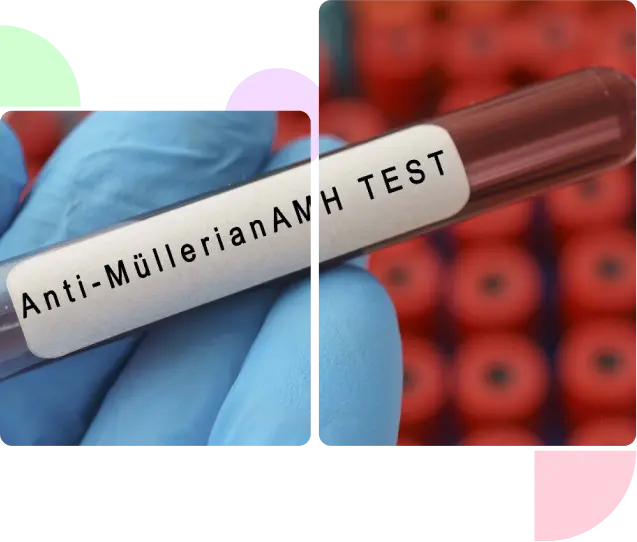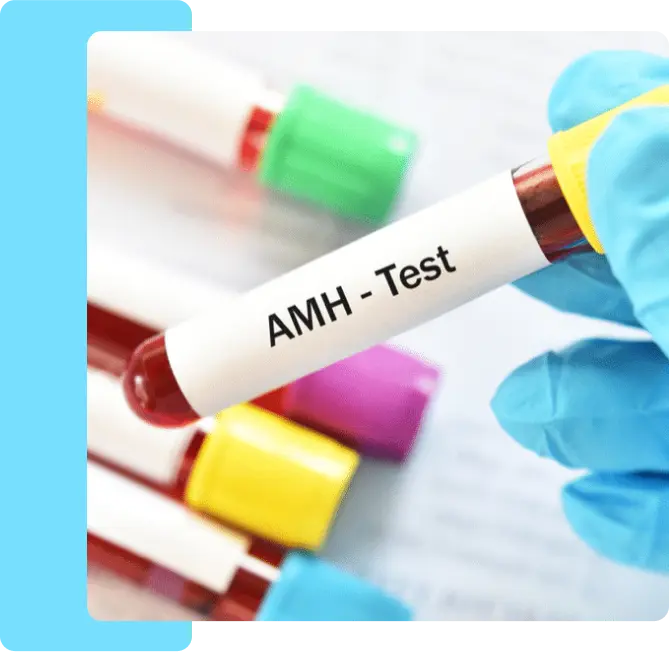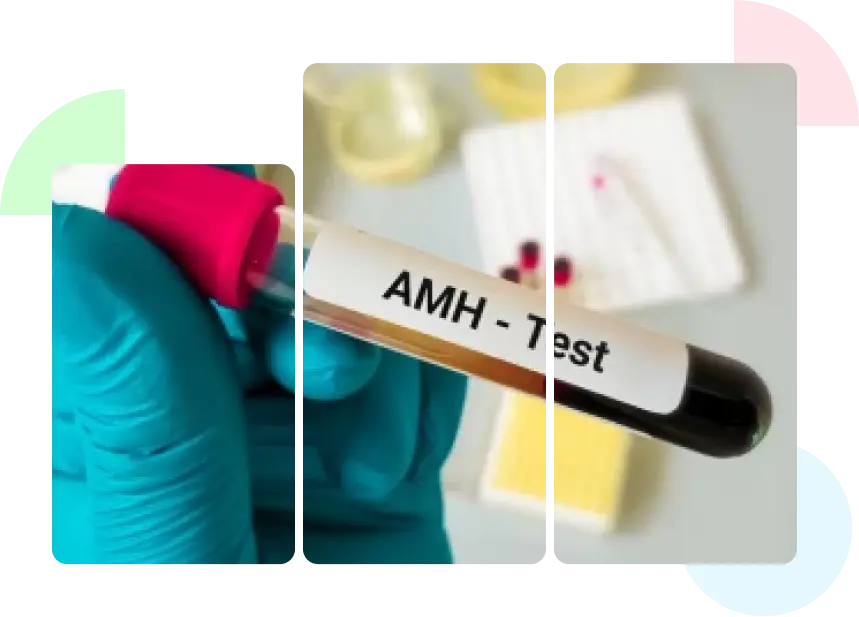
The Anti-Müllerian Hormone test measures the level of AMH in your blood. The AMH hormone is produced by small follicles in the ovaries. This hormone allows doctors to estimate the ovarian reserve or the number of eggs a woman has. This is one of the most common tests for fertility evaluation.
This also indicates the possible cases of polycystic ovary syndrome (PCOS) or early menopause. The AMH test can thus be taken to understand the condition of one's reproductive health simply and effectively. It is produced both in men and women, though primarily used for estimating ovarian function in women.
The test gives valuable information on a woman's fertility, hence it is important. The following are key reasons why this test matters.


The AMH test is relatively straightforward and can be performed fast. A blood sample is collected from a vein in the arm. Here's how it goes:
Preparation for the AMH test is not hard at all. There are no strict rules, but these tips can help:
If you are nervous about needles, let your doctor or nurse know. They can make the experience much easier.

The AMH test has numerous benefits for understanding and managing reproductive health. Below they are:

